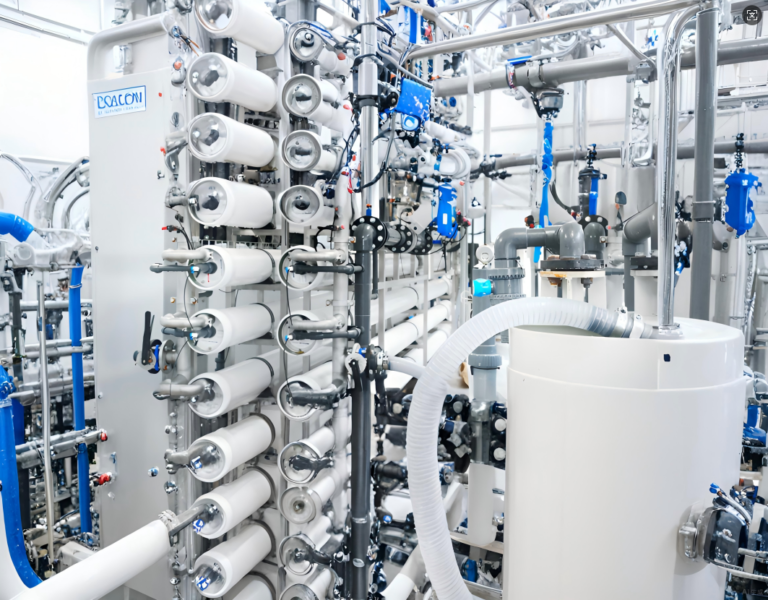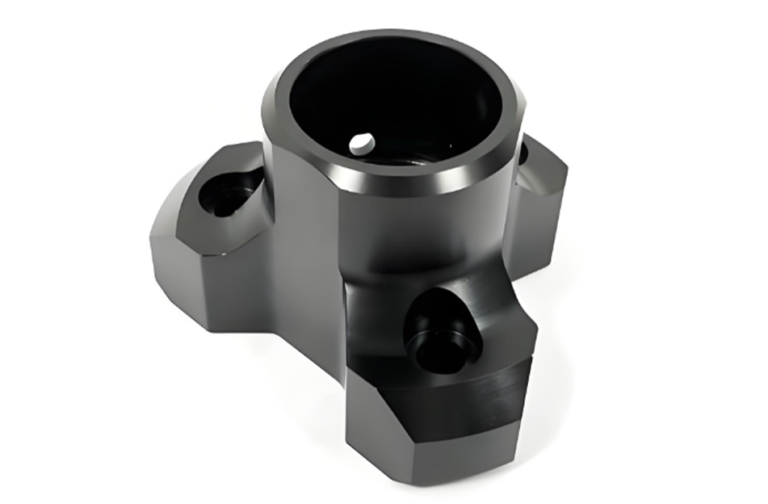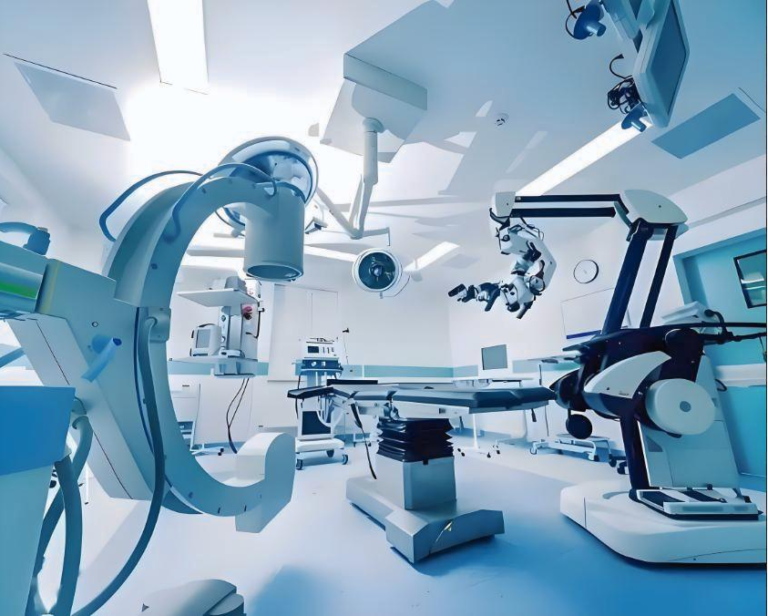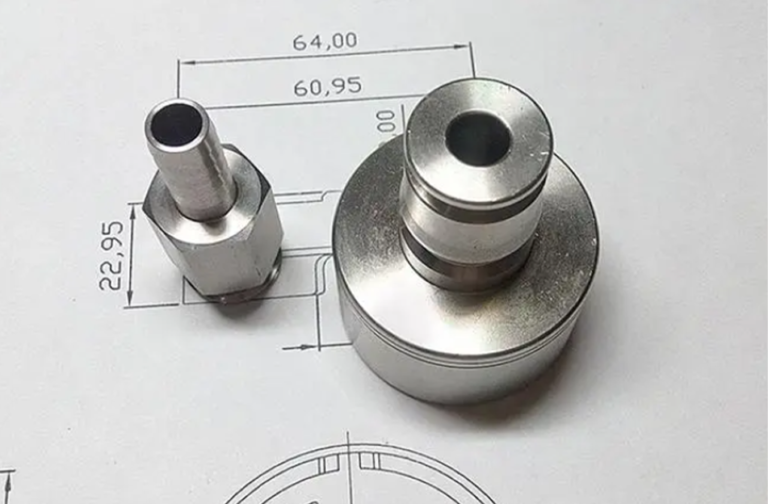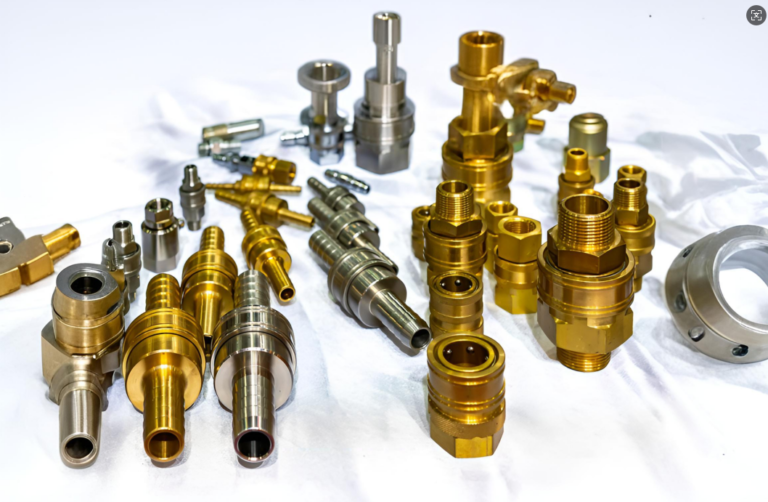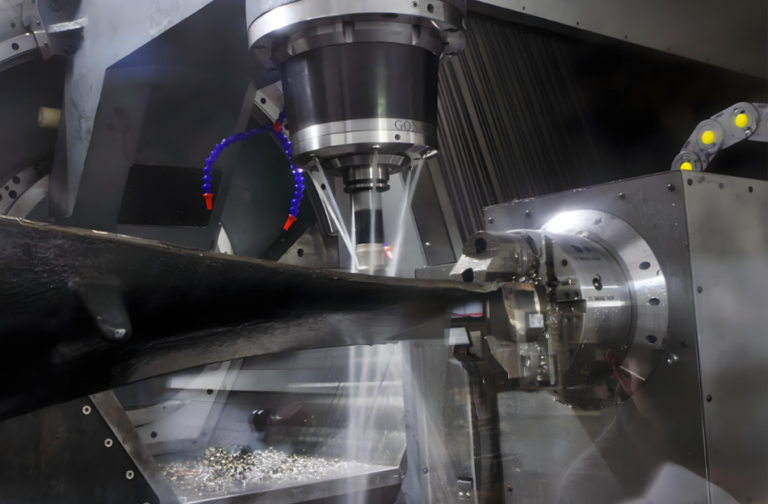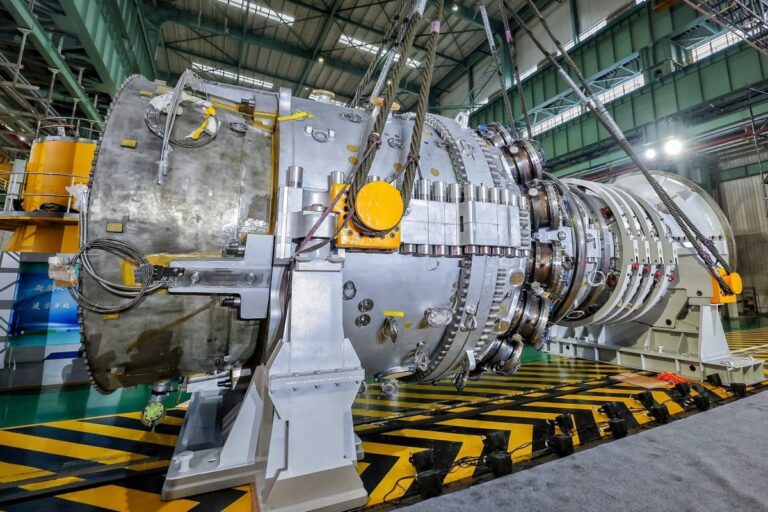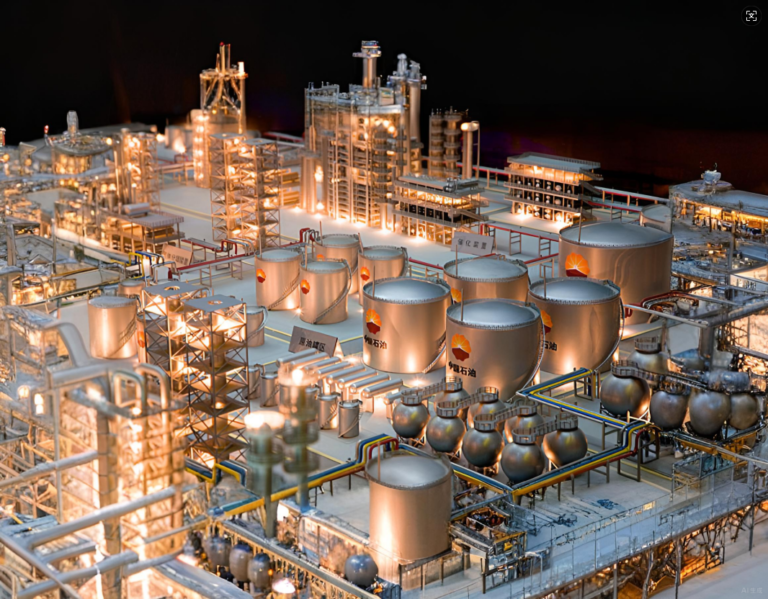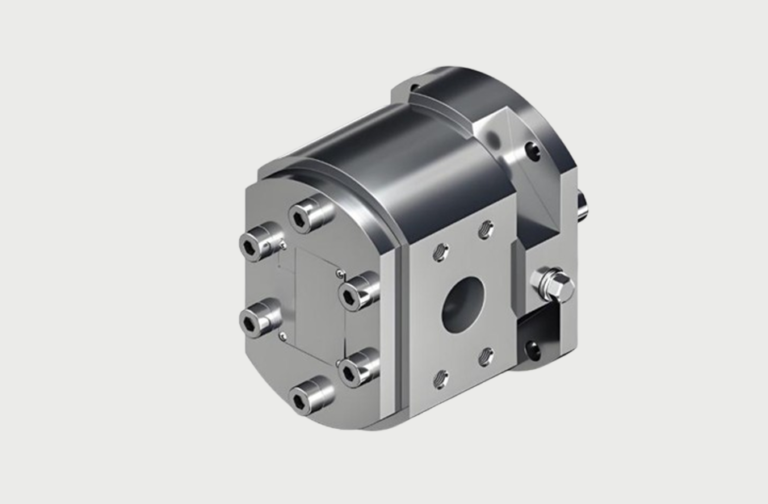Introduction to Automotive CNC Components
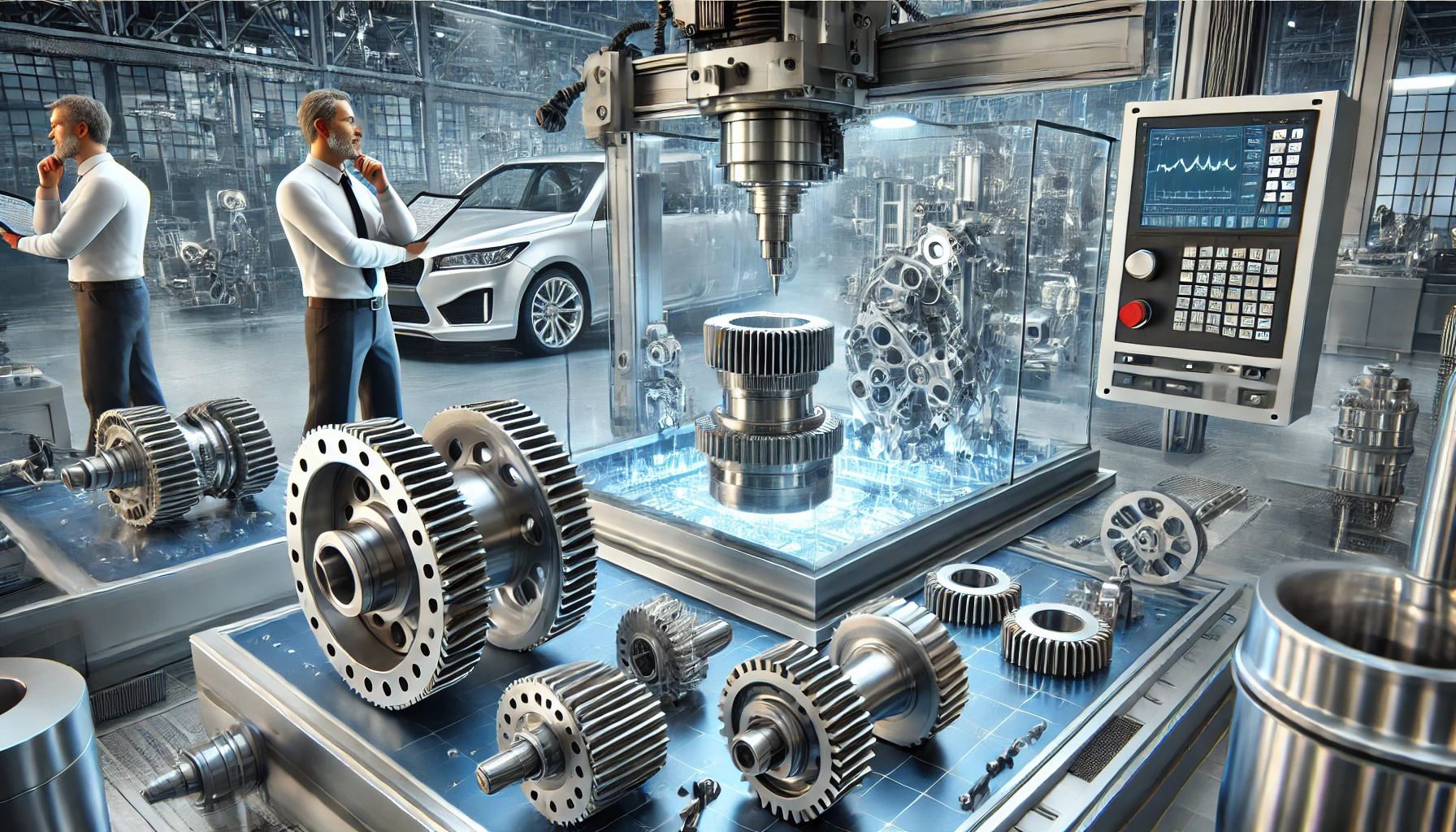
Key Automotive Components Manufactured Using CNC Machining
Engine Parts
Automotive engines rely on precision components for optimal performance. CNC machining produces critical parts such as cylinder heads, pistons, and engine blocks with exact tolerances, ensuring efficiency and longevity.
Transmission Components
CNC technology is essential for manufacturing gears, shafts, and housings used in automotive transmissions. These components require tight tolerances to ensure seamless power transfer and smooth operation.
Suspension and Steering Parts
Control arms, steering knuckles, and suspension components are crafted using CNC machining to maintain structural integrity and enhance vehicle stability. At ZKPTC, every part undergoes rigorous quality checks to ensure durability and reliability on the road.
Advantages of CNC Machining for Automotive Components
High Precision and Accuracy
CNC machining ensures that automotive parts meet exact specifications, down to micron-level tolerances. This level of precision reduces errors and guarantees seamless integration into vehicle assemblies.
Repeatability
Consistency is crucial in mass automotive manufacturing. CNC machines excel at producing identical parts in large volumes, maintaining quality across every unit.
Efficiency and Speed
With advanced CNC technology, production cycles are significantly shortened without compromising quality. This efficiency allows automotive manufacturers to meet tight deadlines and manage large orders effortlessly.
Materials Commonly Used in Automotive CNC Machining

Aluminum Alloys
Lightweight and corrosion-resistant, aluminum alloys are widely used for engine and structural components, improving vehicle efficiency and fuel economy.
Steel and Stainless Steel
Known for their exceptional strength and durability, steel components are critical for parts that endure extreme pressure and wear, such as gears and shafts.
Plastics and Composites
Advanced plastics and composites are increasingly used in interior components, housings, and non-structural parts to reduce weight without compromising strength.
Quality Assurance in Automotive CNC Manufacturing
Compliance with Industry Standards
Automotive manufacturing requires adherence to strict certifications, including ISO/TS 16949. At ZKPTC, every production step aligns with these standards, ensuring reliability and safety.
Inspection and Testing
Advanced quality control technologies, including Coordinate Measuring Machines (CMM) and non-destructive testing, are employed to verify precision and structural integrity.
Traceability and Documentation
Every component is documented and traceable throughout the production process, ensuring complete transparency and accountability.
Choosing the Right Automotive CNC Components Supplier
Experience and Expertise
Partnering with an experienced CNC supplier ensures reliability. ZKPTC has years of experience delivering quality CNC automotive components worldwide.
Advanced Technology and Equipment
Cutting-edge 5-axis CNC machines and state-of-the-art CAD/CAM software enable ZKPTC to meet complex automotive manufacturing needs with precision.
Customization and Flexibility
Every project is unique, and ZKPTC offers tailored CNC solutions to address your specific requirements, from prototyping to mass production.
ZKPTC: Your Partner in Automotive CNC Components
Comprehensive Manufacturing Services
From precision machining to surface treatments, ZKPTC provides end-to-end CNC manufacturing solutions for the automotive industry.
Global Reach with Local Expertise
Serving clients across the globe, ZKPTC combines international standards with personalized customer service.
Commitment to Innovation
Continuous investment in technology and workforce training ensures ZKPTC stays ahead in the automotive CNC machining sector.
Future Trends in Automotive CNC Machining

Automation and Smart Manufacturing
The integration of AI and automated workflows is optimizing CNC machining efficiency, accuracy, and scalability.
Sustainable Manufacturing
Eco-friendly materials and energy-efficient processes are becoming essential in modern automotive manufacturing.
Hybrid Manufacturing
Combining CNC machining with additive manufacturing is opening up new design and production possibilities.
“`

